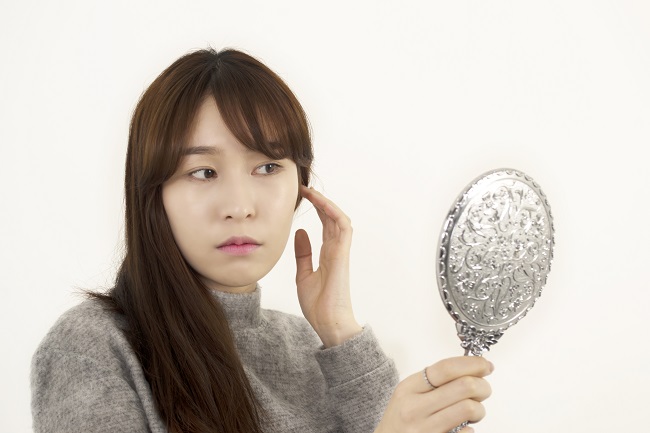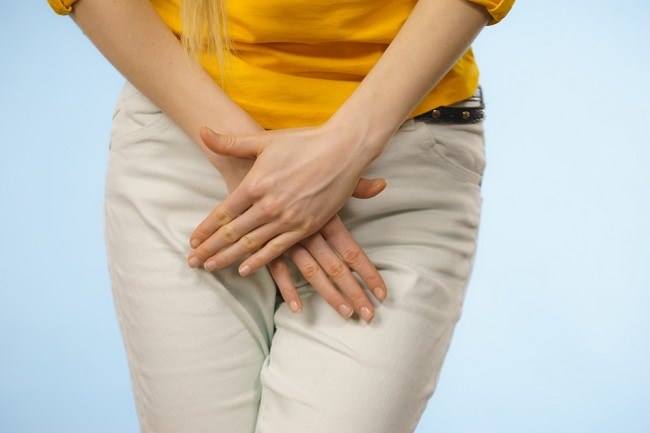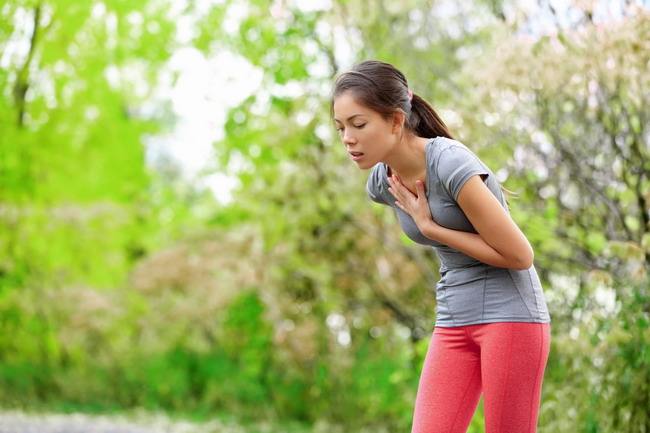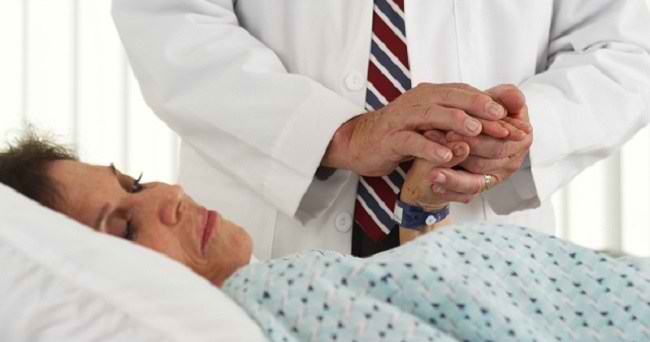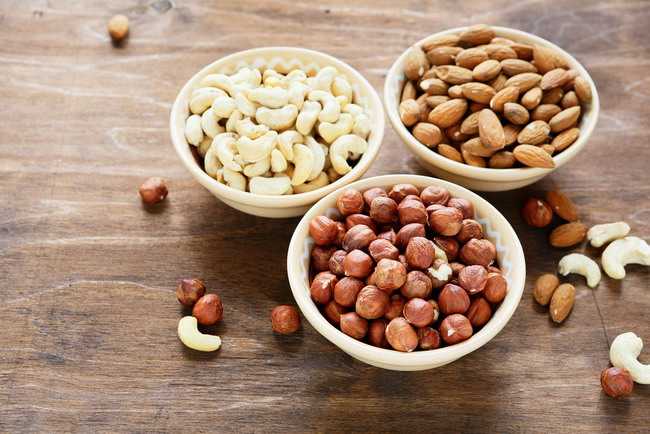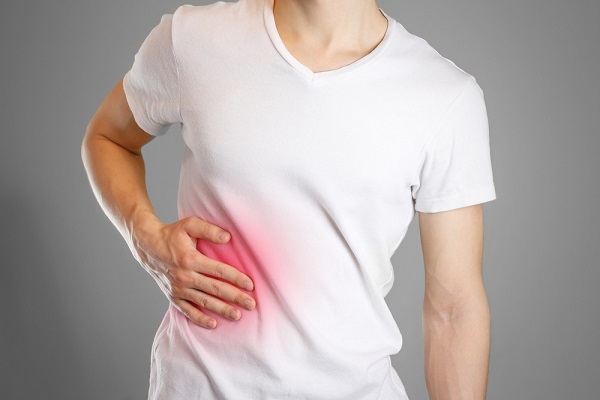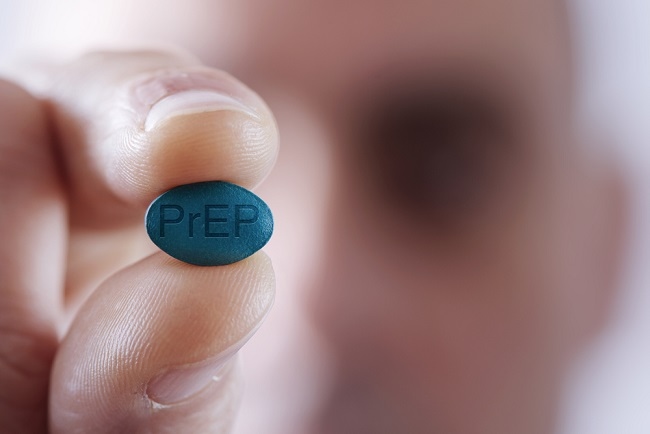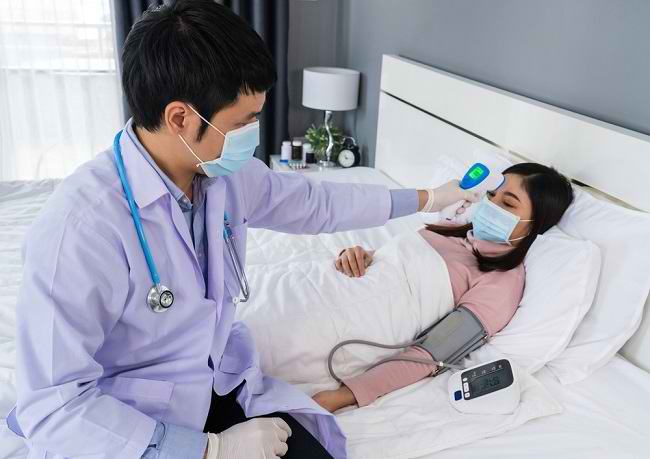Acne is a skin problem that is often experienced by everyone. In addition to being a sign that there is a skin disorder, the presence of acne on the face is considered to interfere with a person's appearance as lumps appear on the surface of the skin and the remnants of acne that have healed are at risk of leaving scars. Therefore, knowing the causes and how to treat acne you need to know and apply so that acne can be resolved properly.
Acne that often appears on the face, neck, chest, back, and shoulders is a sign that your skin is experiencing inflammation. Inflammation that causes acne bumps to appear is usually triggered by excess oil production on the skin and a buildup of dead skin cells. Both have the potential to clog skin pores. This blockage causes bacteria to grow and develop, causing inflammation called acne.

Other Factors Cause Acne
Excess oil production is the main trigger for acne. Even so, there are still other factors that cause acne to appear, including:
- Hormonal changes
Hormonal changes can trigger acne breakouts. Generally, hormonal changes occur when a person enters puberty. This is because the oil glands will enlarge and produce more oil (sebum).
At least, there are more than 80 percent of cases of acne occur in adult women. Hormonal changes that occur in women, such as when entering the menstrual period and entering the period of pregnancy are suspected to be the trigger for acne.
- Friction or pressure on the skin
Using a cell phone, helmet, or backpack can cause acne due to constant pressure on the same body location.
- Stress
Stress is not the cause of acne, but when you have acne, stress will make acne worse.
Are there any anti-acne products that contain natural ingredients?
Currently, there are a lot of products on the market, acne removal products with various substances in it. Each has its own way of working, such as killing acne-causing bacteria, accelerating the process of skin cell turnover or removing excess oil produced. However, some active substances have side effects that can cause skin irritation, dry and cracked skin and some even cause photosensitivity to the wearer. Instead of looking better, these products actually worsen the skin condition.
This has led to the development of research into the antibacterial and anti-inflammatory effects of plant origin. Many studies have proven that essential oils from plants can be an alternative to acne therapy. One of them is the thyme plant. Who would have thought that this plant commonly used as a kitchen spice is effective in killing acne-causing bacteria. A study proved that thyme leaf extract has the most potent antibacterial effect against five different types of bacteria. Other studies have found that this thyme plant has active substances such as gamma-terpineol and thymol (also known as Thymo-T essence) which makes it effective against certain microbes. However, further research is needed to confirm the effectiveness of thyme essential oil.
After discussing the content, now let's see how it is applied. Oil production on the face is considered to be more than other areas of the body so that the risk of acne appearing on the face becomes greater. For this reason, it is recommended to wash your face at least twice a day in the morning and evening. It is recommended to use a facial wash product that is suitable for your skin condition and contains ingredients whose properties have been proven positive, such as a face wash containing thyme leaf extract that has been described above.
Lifestyle Can Affect The Appearance Of Acne Too
In addition to washing your face, you should also make lifestyle changes to reduce acne, such as:
- Eating foods that contain omega 3. The omega 3 content in walnuts, avocados, and salmon can help the body control the production of leukotriene B4. Leukotriene B4 is a compound that plays a role in the production of body oils that are at risk of causing inflamed acne.
- A study showed that consuming about two glasses of water was able to increase blood flow throughout the body and skin. In addition, consuming enough water can help the process of removing the rest of the body's metabolism and keep the skin moist from the inside. Therefore, drink lots of white to get healthy skin
- Exercise can improve blood circulation so that oxygen supply to skin cells can be fulfilled better.
- Lack of sleep can trigger stress. If you are under stress, your body will produce more glucorticoid hormones, which hormones can make your acne problem worse. Therefore, get enough sleep.
- Use sunscreen every time you go outside so that inflammation of acne caused by sun exposure can be avoided. For acne-prone skin, it is recommended to use a sunscreen that contains avobenzone, oxybenzone, methoxycinnamate, octocylene, and zinc oxide.
Acne can be caused by various factors, therefore lifestyle changes need to be done to reduce the risk of acne or reduce the incidence of acne. In addition, don't be lazy to always do acne facial treatments, one of which is routinely cleaning your face with the right products. However, if acne persists, it is advisable to immediately consult a dermatologist to find out the type of treatment needed to treat the acne.
